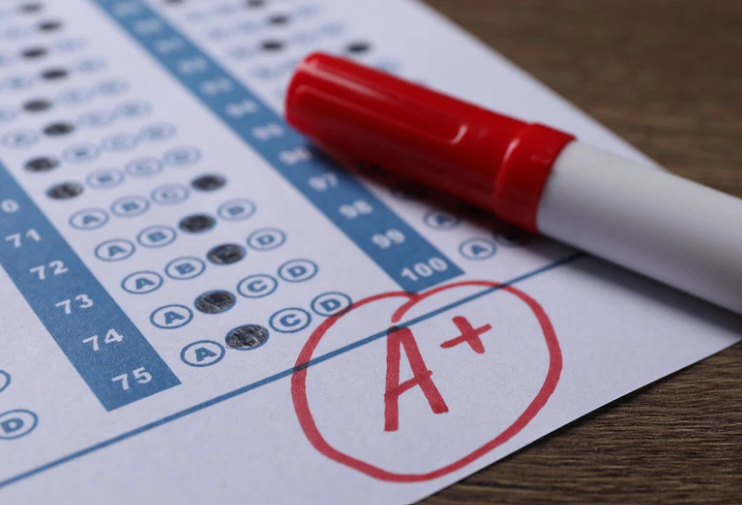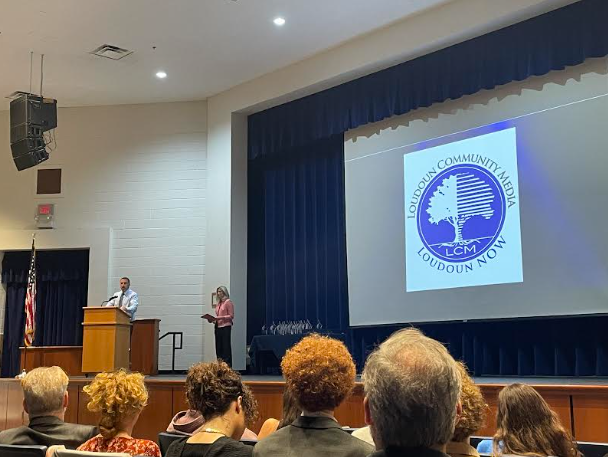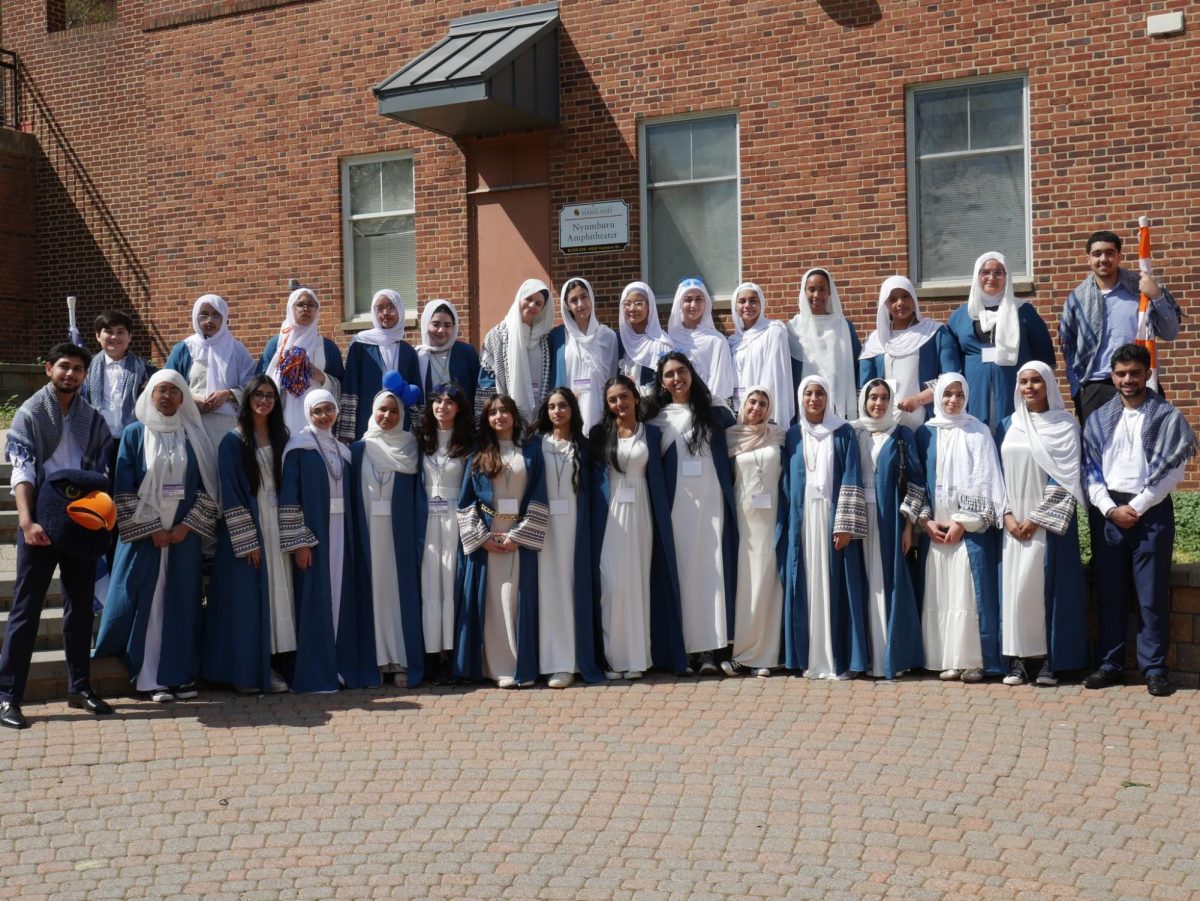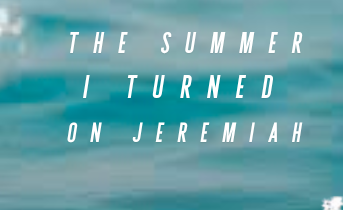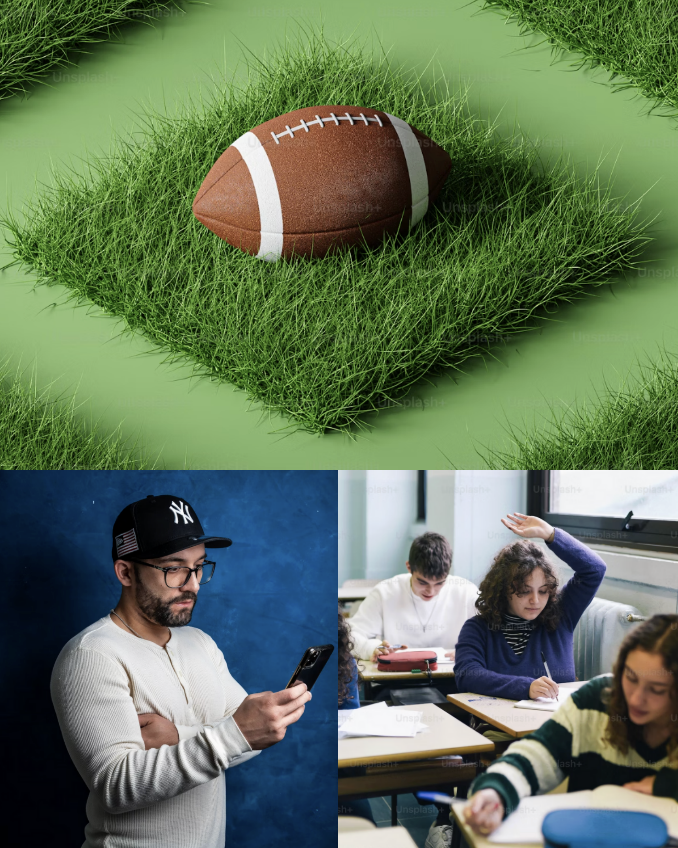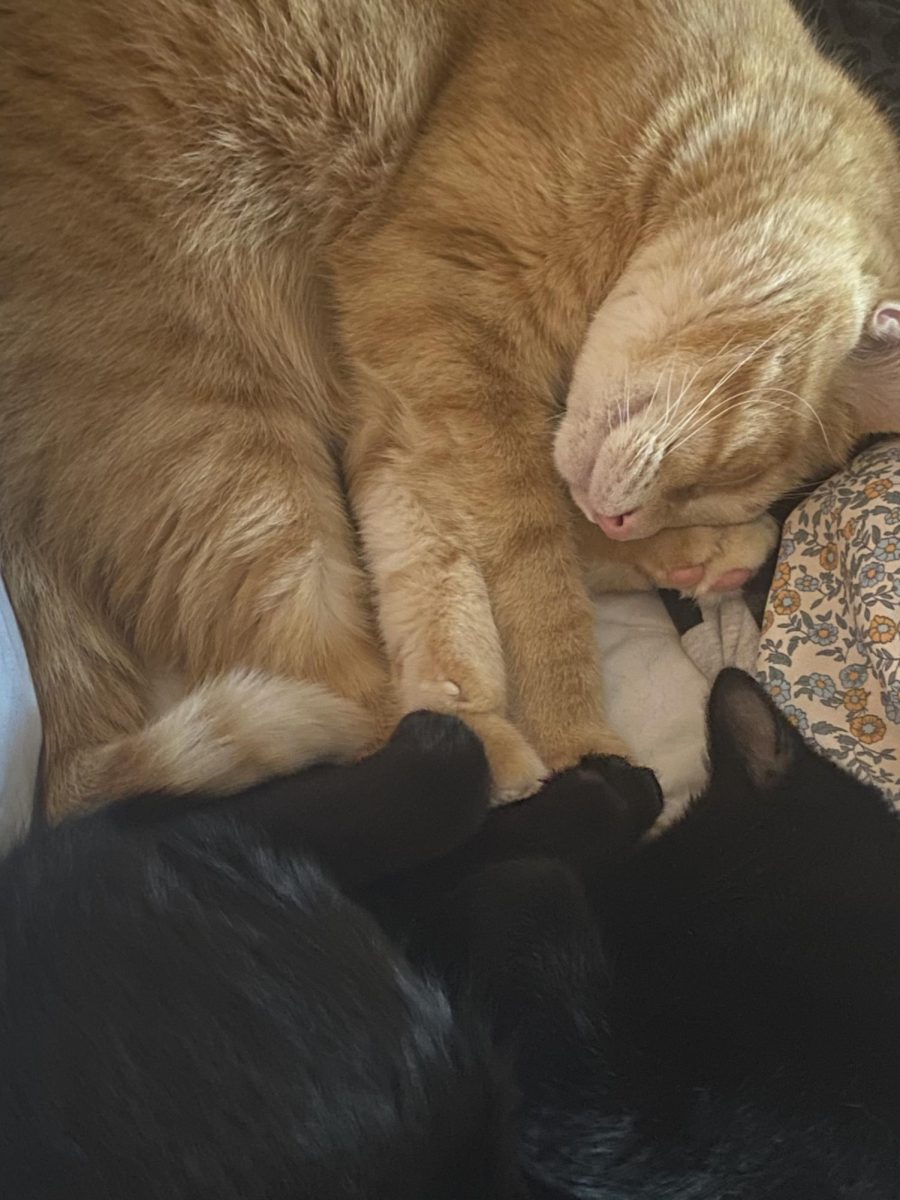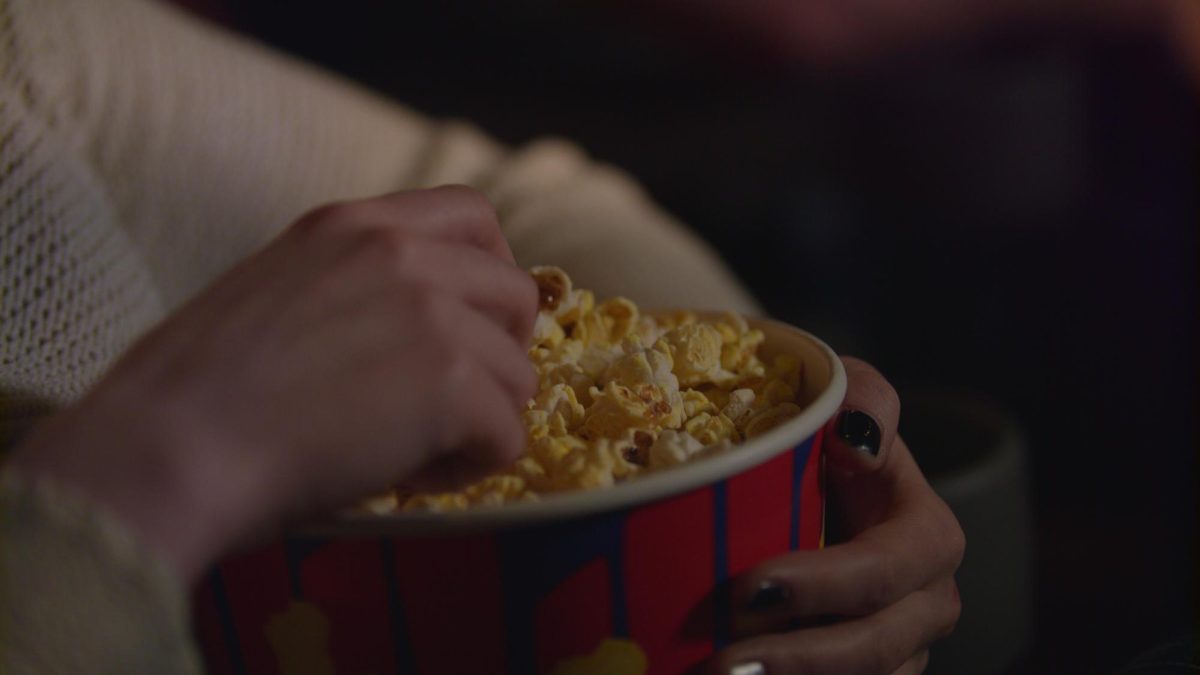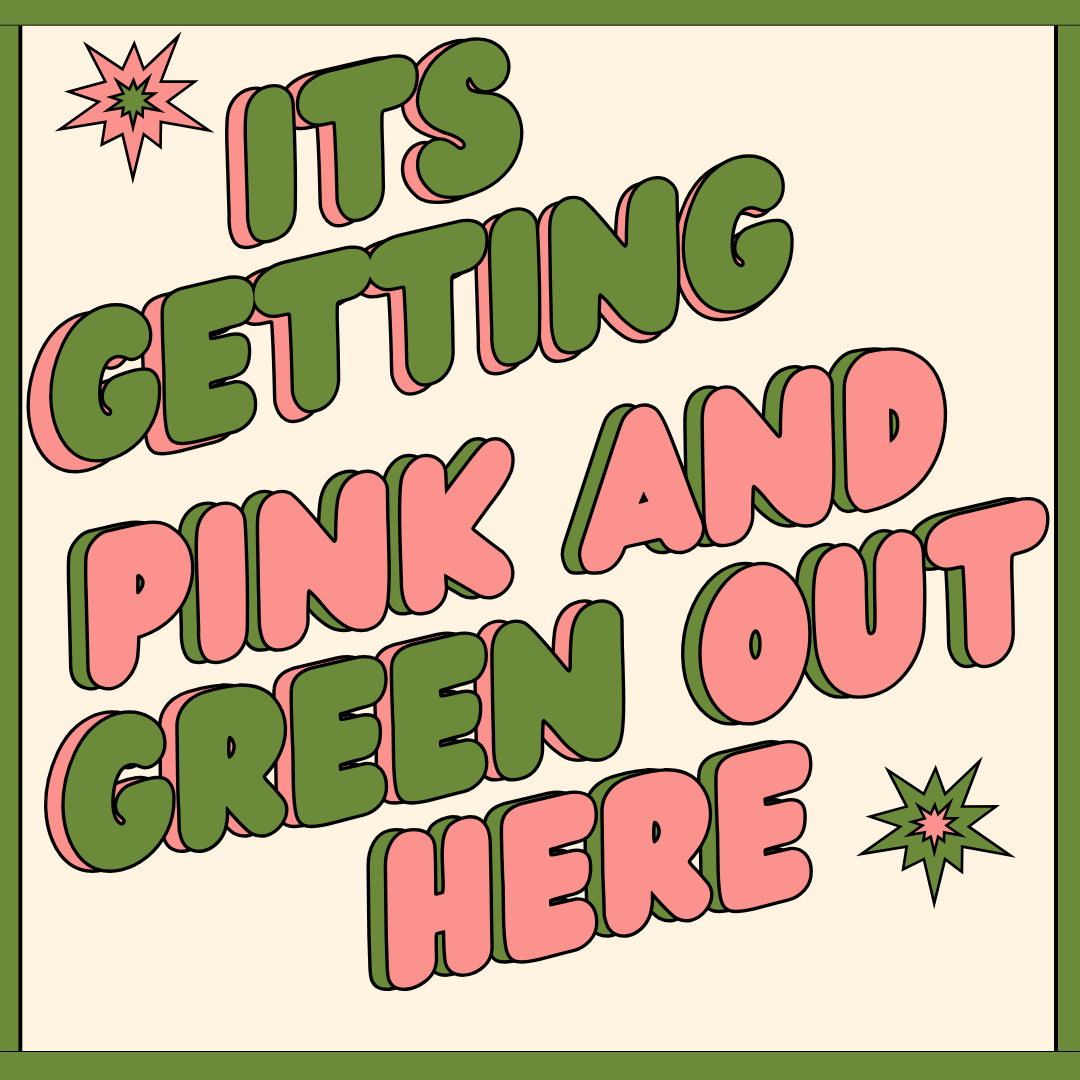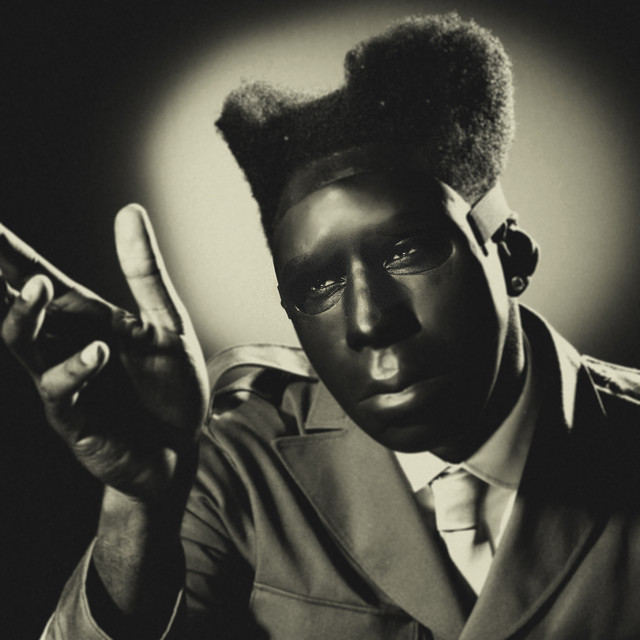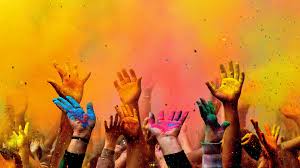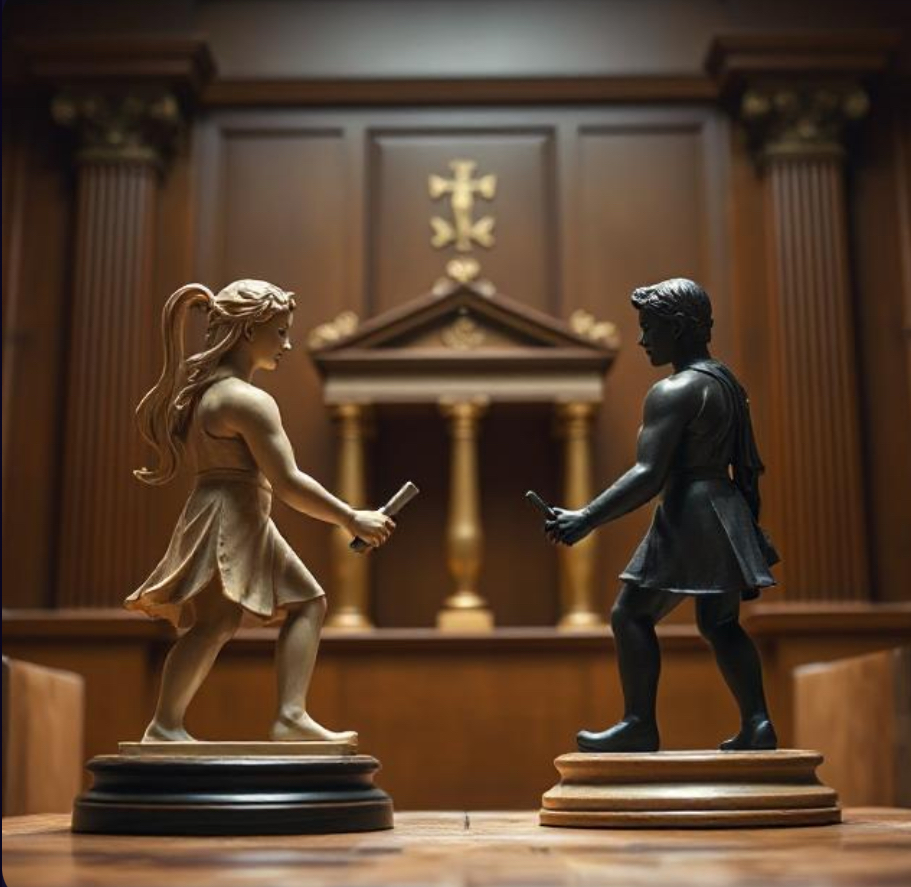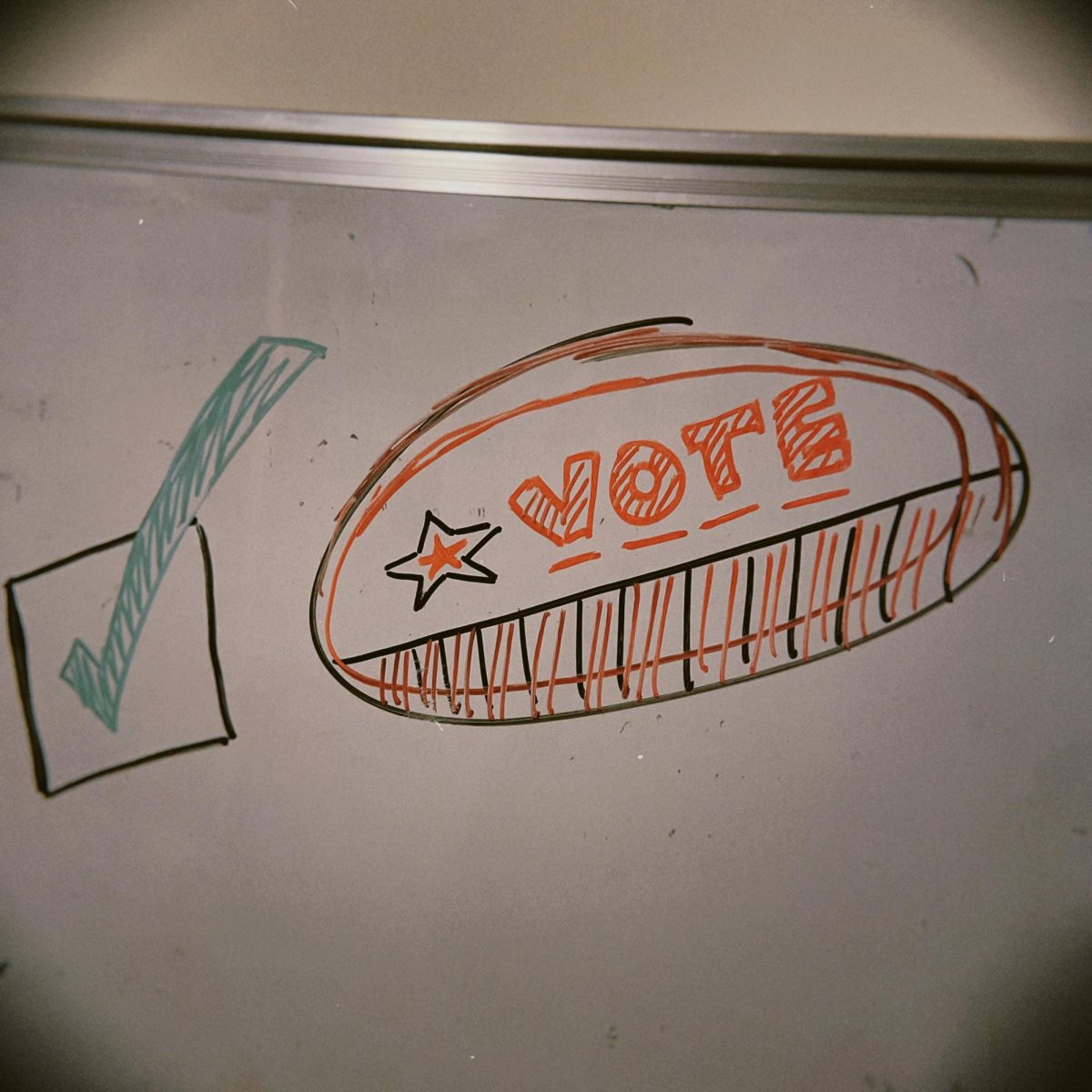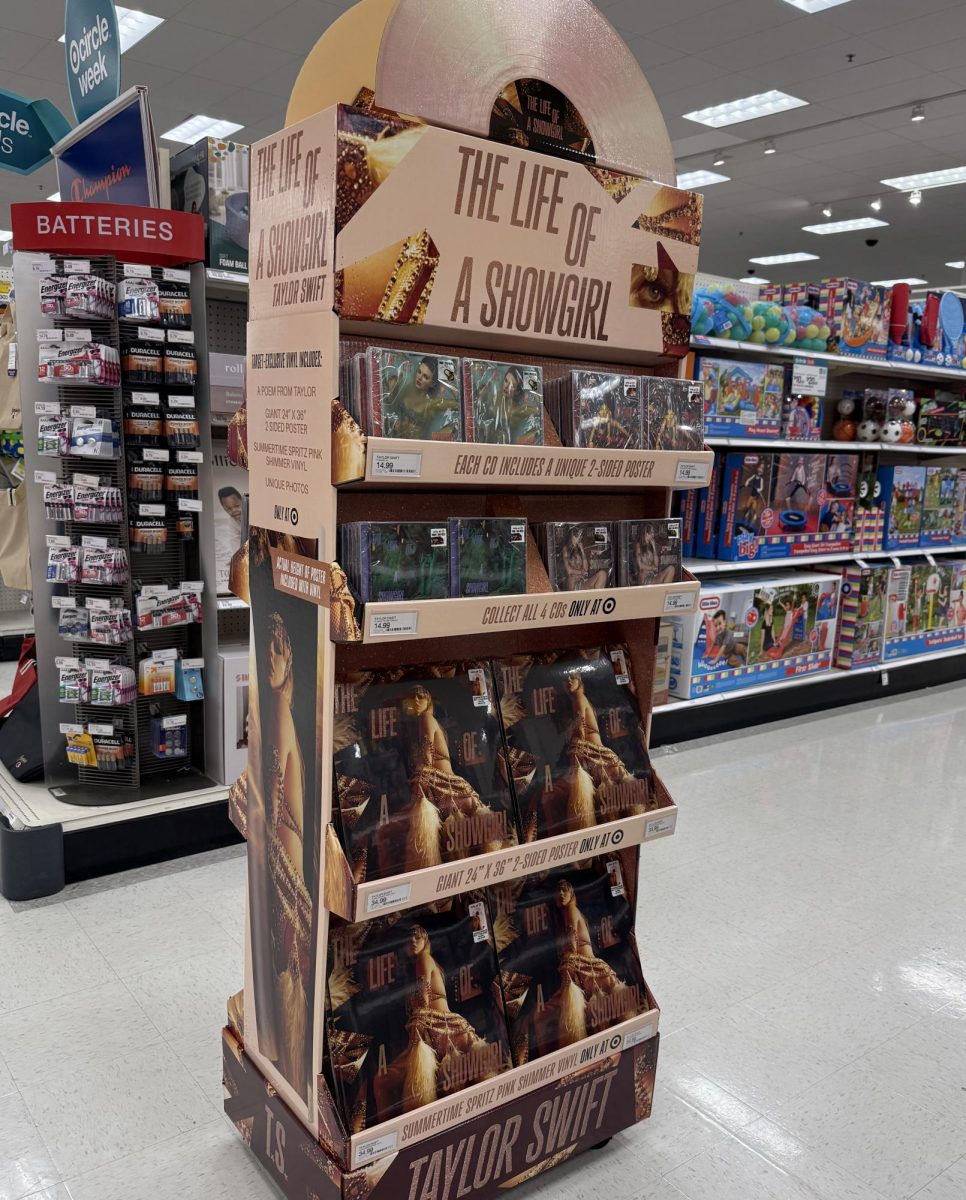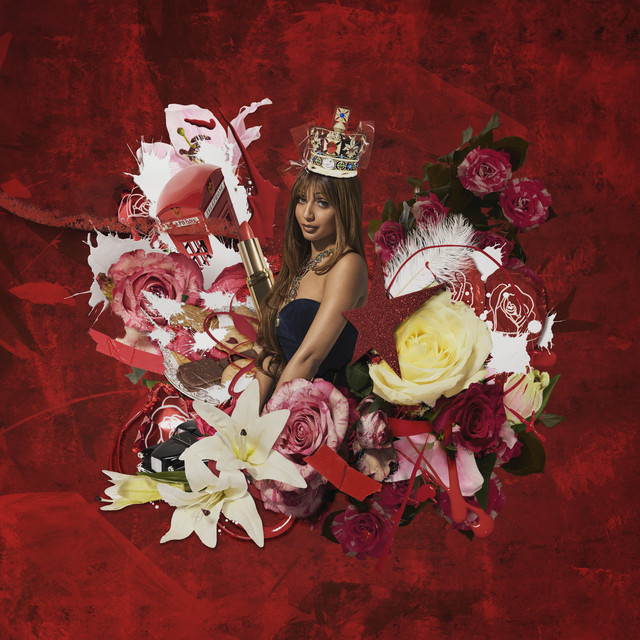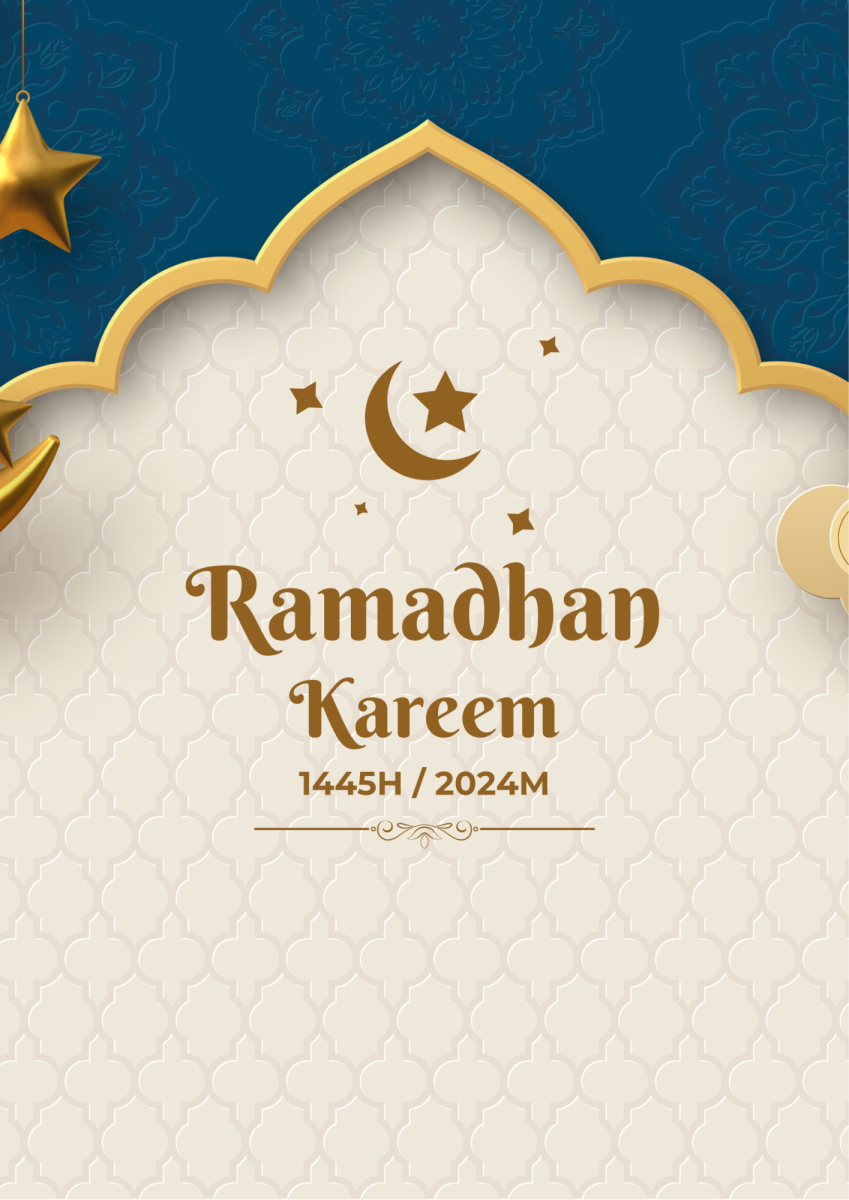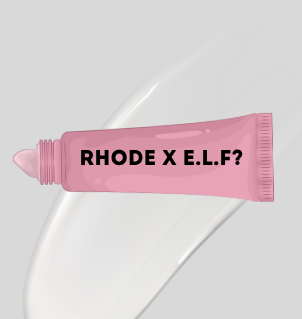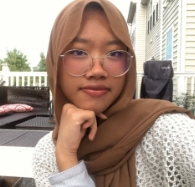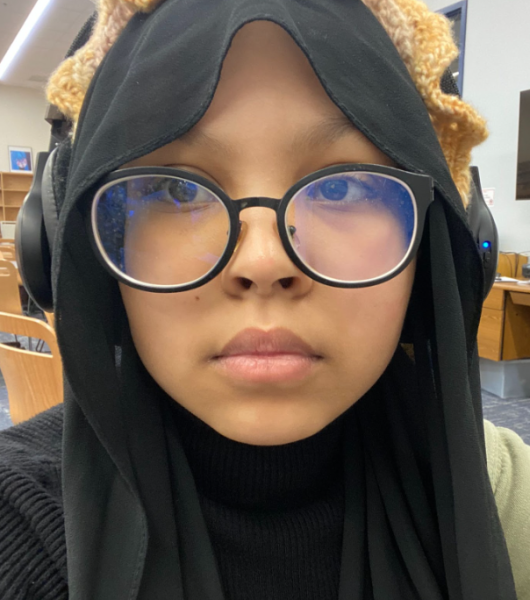“You can’t eat for a month? Not even water?” Is a common question asked to millions of Muslims as they participate in the holy month of Ramadan. Though it is one of the most widely celebrated holidays, it is also one of the most misunderstood.
“What is Ramadan celebrating?” asked an anonymous 9th grader. Ramadan is the month Muslims believe the Holy Quran was revealed to the final prophet of Islam.
Ramadan, which lasts for 30 days, is the ninth month of the Islamic lunar calendar in which Muslims all around the world fast, meaning to not eat or drink, from sunrise until sundown. It is one of the pillars of Islam which are five of the most important obligations of Islam.
Fasting is observed for multiple reasons. The essence of fasting lies in the pursuit of Taqwa, or “God consciousness,” a state achieved by stripping away physical desires to focus entirely on one’s faith and worship. It also preaches self-control and gratitude by empathizing with the less fortunate. The concept of fasting extends beyond refraining from food, encouraging individuals not to like, cheat, get angry, or harm oneself or others.
The largest misconception Ramadan is that is only about fasting, when in reality, that is barely scratching the surface. Aside from not eating or drinking, it is a time for high spiritual reflection and growth. Ramadan is seen as a month to increase character and get rid of bad habits, similar to what many do for New Years or Lent. It is a time that heavily encourages acts of charity, kindness, and strengthening community and familial bonds. Adding on, it is a period where many strengthen their faith by reading the Quran (Islam’s holy book) and praying more than any other time of the year. The holiday, for many Muslims, strengthens their sense of community as they attend prayers at the mosque and have Iftar, the breaking of the fast.
“I like the part where we prayed together and did other things like fasting together makes you feel like it’s not just you, rather it’s the entire community,” explained Aleena Farhad, a sophomore at Briar Woods.
Other common myths are that Ramadan is unsafe or unhealthy. However, research has long proven the opposite with the American Heart Association reporting that it reduces insulin, blood pressure, and is linked to many other health benefits. While many do fast during Ramadan some do not, including young children, the ill, the elderly, those, or in any other circumstance where fasting would be detrimental to one’s health.
Another common thought is that it is disrespectful to eat or drink in front of fasting Muslims. Rest assured, most have no problem with others doing so! And lastly, many people think fasting is extremely strenuous. While it is challenging in the beginning, many will be surprised that it’s not as exhausting as perceived.
“You would think you could feast when you break your fast, but I get full after one cup of water and one date. It’s crazy,” Aleena Farhad comments.
Another part that is enjoyable to many are decorations. Traditionally, decorations for Ramadan consist of multicolor lanterns and blue/gold decorations. “I enjoy the decorating of the house and the nice food my parents make every day” she stated.
While Ramadan is mainly known in the west for the long hours of fast, however it is so much more. It is a time of forgiveness, peace, connections, and celebration.



